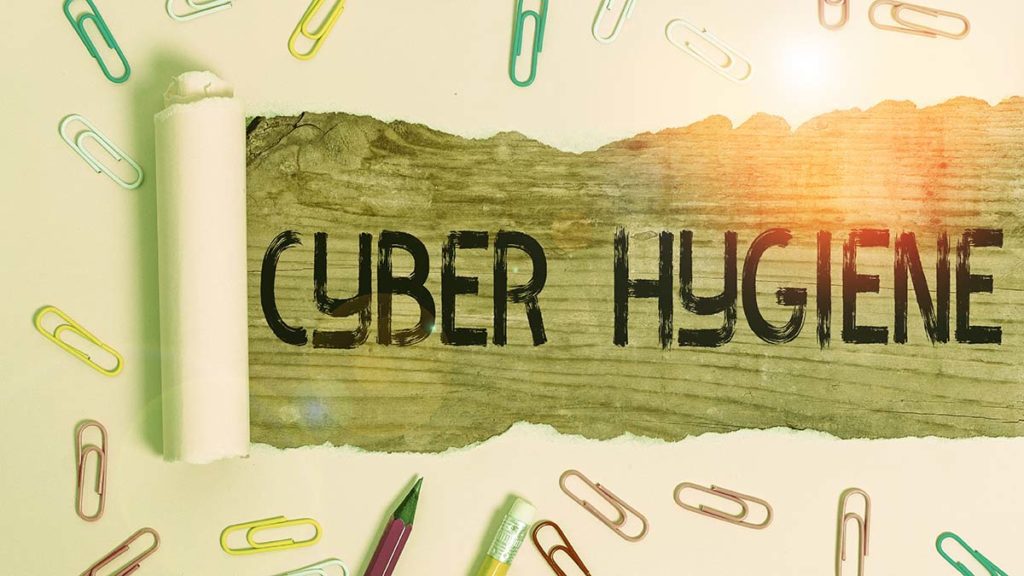
Cyber hygiene – as amusing as it sounds – is an important part of our hyper-connected lives. Anything that we use, requires maintenance and in this case, devices are no exception. In much the same way as brushing your teeth each day or following a healthy diet, devices require the same, consistent level of maintenance to ensure that a system is running as efficiently as possible.
Create a healthy routine with these top tips…
- Without the right products and tools in place, personal information you think is secure might be at risk. Antivirus and malware software, a network firewall will all help protect personal data stored on your home computer. The better protection used on your devices, the more confident you will feel about the security of your home laptop, smartphone, iPad and other devices. This will undoubtedly enhance your overall user experience.
- Activating passwords for all devices are important, setting strong passwords are essential. Think carefully about the passwords you set – keeping them unique and tricky – they should contain at least 12 characters along with numbers, symbols, and upper- and lowercase letters. Try avoid writing your passwords on a notepad, where it can be easily found or intercepted. Change your passwords regularly and try not to reuse the same password. This will help prevent hackers from figuring them out.
- Protecting your wireless network is a must. Try to figure out if your router offers WPA2 or WPA3 encryption to maintain an optimal level of privacy of information sent via your network. Turn off your router and update the default name and password provided by the manufacturer, turn off remote management, and log out as the administrator, once it’s set up.
- Remote employees have become more of a target for hackers during the Coronavirus pandemic. To mitigate the risks of cyber-attacks, try not to open emails or notifications that seem unfamiliar to you. Recently, hackers have been playing on the vulnerability of the masses who are concerned about covid-19, by circulating phishing emails in the form of fake covid-19 warnings or medical advice. Remain vigilant and look out for potential scams.
- Employees and teams working remotely need to stay connected and frequently rely on web-conferencing and messaging tools. However, employers should ensure such tools are secure. If new collaboration software is required, the IT department should review the settings of such tools. Employers should also offer some level of training to employees prior to implementation so that users have more knowledge and awareness about safety and appropriate use of individual communication services.